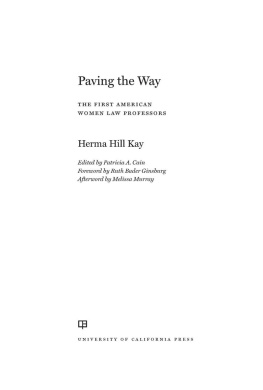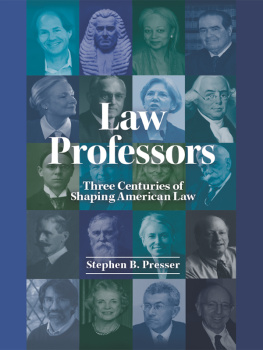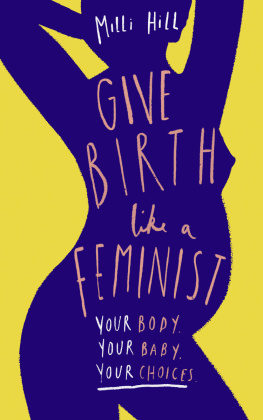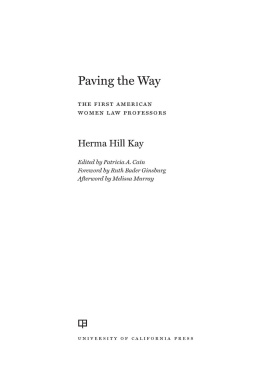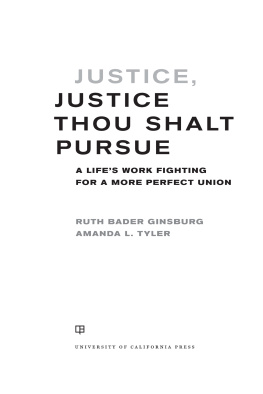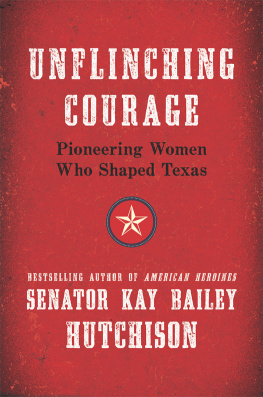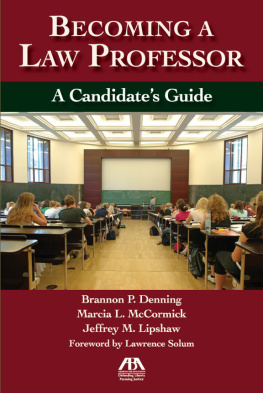Herma Hill Kay - Paving the Way: The First American Women Law Professors
Here you can read online Herma Hill Kay - Paving the Way: The First American Women Law Professors full text of the book (entire story) in english for free. Download pdf and epub, get meaning, cover and reviews about this ebook. year: 2021, publisher: Univ of California Press, genre: Home and family. Description of the work, (preface) as well as reviews are available. Best literature library LitArk.com created for fans of good reading and offers a wide selection of genres:
Romance novel
Science fiction
Adventure
Detective
Science
History
Home and family
Prose
Art
Politics
Computer
Non-fiction
Religion
Business
Children
Humor
Choose a favorite category and find really read worthwhile books. Enjoy immersion in the world of imagination, feel the emotions of the characters or learn something new for yourself, make an fascinating discovery.
- Book:Paving the Way: The First American Women Law Professors
- Author:
- Publisher:Univ of California Press
- Genre:
- Year:2021
- Rating:4 / 5
- Favourites:Add to favourites
- Your mark:
Paving the Way: The First American Women Law Professors: summary, description and annotation
We offer to read an annotation, description, summary or preface (depends on what the author of the book "Paving the Way: The First American Women Law Professors" wrote himself). If you haven't found the necessary information about the book — write in the comments, we will try to find it.
When it comes to breaking down barriers for women in the workplace, Ruth Bader Ginsburgs name speaks volumes for itselfbut, as she clarifies in the foreword to this long-awaited book, there are too many trailblazing names we do not know. Herma Hill Kay, former Dean of UC Berkeley School of Law and Ginsburgs closest professional colleague, wrote Paving the Way to tell the stories of the first fourteen female law professors at ABA- and AALS-accredited law schools in the United States. Kay, who became the fifteenth such professor, labored over the stories of these women in order to provide an essential history of their path for the more than 2,000 women working as law professors today and all of their feminist colleagues.
Because Herma Hill Kay, who died in 2017, was able to obtain so much first-hand information about the fourteen women who preceded her, Paving the Way is filled with details, quiet and loud, of each of their lives and careers from their own perspectives. Kay wraps each story in rich historical context, lest we forget the extraordinarily difficult times in which these women lived. Paving the Way is not just a collection of individual stories of remarkable women but also a well-crafted interweaving of law and society during a historical period when womens voices were often not heard and sometimes actively muted. The final chapter connects these first fourteen women to the second wave of women law professors who achieved tenure-track appointments in the 1960s and 1970s, carrying on the torch and analogous challenges. This is a decidedly feminist project, one that Justice Ruth Bader Ginsburg advocated for tirelessly and admired publicly in the years before her death.
Herma Hill Kay: author's other books
Who wrote Paving the Way: The First American Women Law Professors? Find out the surname, the name of the author of the book and a list of all author's works by series.

